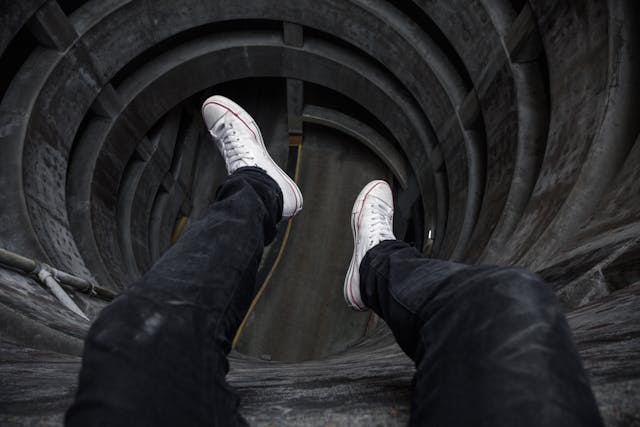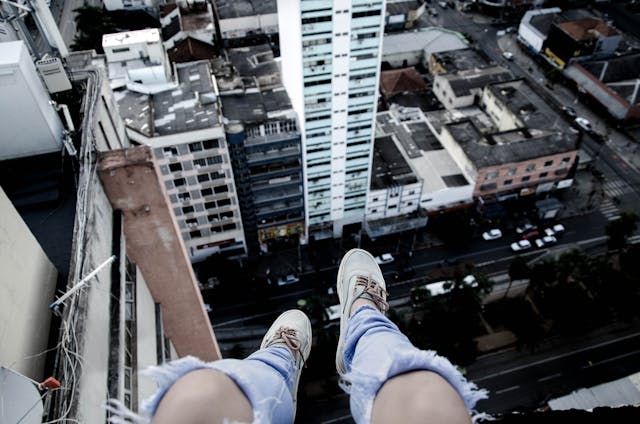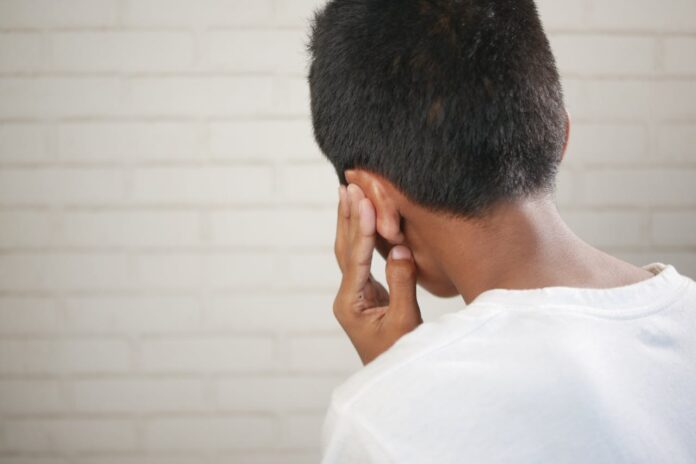The vestibular system is a sensory system that helps in maintaining balance, movement, and overall coordination of the body. It is an important part of the overall sensory system. It is located in the inner ear, near the cochlea. It helps in day-to-day activities. Sometimes, the vestibular system is affected due to injury or infection. In these scenarios, the whole balance and movement of the body are affected, and it becomes extremely difficult to perform even the simplest tasks. There are many different vestibular disorders, and for each one of them, there is vestibular physiotherapy treatment available.
![]()
![]()
![]()
![]()
![]()
![]()
![]()
![]()
Some Vestibular Conditions
There are many different vestibular disorders that occur due to an inefficient vestibular system. These disorders have similar symptoms but are different in their treatment.
- Labyrinthitis: This is one of the most common vestibular disorders. In labyrinthitis, the labyrinth, located in the inner ear, becomes inflamed. The labyrinth has two main parts that help in hearing as well as in the body’s balance system. When it becomes inflamed due to a cold or any head injury, it affects the body’s ability to balance correctly.
- Benign Paroxysmal Positional Vertigo (BPPV): This is another common disorder of the vestibular system, involving vertigo attacks during which a person feels as if everything is spinning. It is triggered by sudden head movements.
- Vestibular Hypofunction: This condition occurs when the vestibular system fails. It can be due to various reasons that affect the vestibular system, such as infection, medication, or traumatic brain injury.
- Meniere’s Disease: Another condition that generally affects people over 40. The condition is lifelong. It can also spread to the other ear and result in hearing loss. This condition causes vertigo attacks that may be quite extreme.


Physiotherapy for Vestibular Disorders
Physiotherapy helps a person suffering from a vestibular disorder to overcome their condition and redevelop their sense of balance. This is done through various exercises involving head maneuvers, eye training, and limb exercises to create a sense of balance for the body. Various eye movements are performed, and other exercises, such as Brandt-Daroff exercises are done along with general movements like walking.
There are also balance exercises, such as standing on one leg, standing with eyes closed, and standing on uneven surfaces. These help in the calibration of the vestibular system. There are also gaze stabilization exercises, such as focusing on a particular point while turning the head from side to side but keeping the gaze fixed on it. These exercises require time to achieve significant improvement, but once they start to work, they help a person maintain their balance and limit their dizziness.
Physiotherapy Session
Physiotherapy sessions for vestibular disorders generally last for a few weeks but can extend to many months, depending on the condition and age. The treatment generally starts with easier exercises before switching to more intensive training. How much a patient is going to recover depends on the therapy and the patient. Some people respond positively to treatment, while for others, their body takes time to adjust. Recovery also depends on conditions like vestibular neuritis and labyrinthitis, which may take time but can heal fully, while conditions like Meniere’s disease are lifelong. For these conditions, the main aim of therapy is to improve the patient’s quality of life.
![]()
![]()
![]()
![]()


Some Precautions
When dealing with vestibular system disorders, it is necessary to take some precautions. Fast-paced movements should be avoided for a while. Lifting heavy weights should also be avoided as it can cause accidents in case of sudden dizziness. Supportive aids, such as a cane or walker, can help. Rest is essential, as it is an important part of treatment that many people overlook. There should be regular appointments with a physiotherapist so that they can update the treatment plan or add more exercises if the patient is recovering quickly.
Lifestyle Changes
When dealing with vestibular system disorders, some lifestyle changes are necessary. Avoid heavy stimulants, such as caffeine, as they can make the condition harder to manage. As it is a diuretic, it can cause dehydration, which can worsen symptoms. Drinking lots of water and consuming green vegetables and foods rich in vitamins is recommended. Alcohol should also be avoided, as it can affect the central nervous system and can worsen vertigo attacks. Avoiding driving is also necessary. It is also recommended to avoid playing fast paced sports. All of these are some of the most common precautions, as they can trigger symptoms quite easily.


The human body is made up of different systems that work together. These systems need to be in perfect condition and in sync with each other. Sometimes, due to disorders, they fail to function properly. The vestibular system is one such system that, if affected, can influence the quality of life. Many people suffering from vestibular disorders are also can get anxiety and depression, as not being able to function effectively can feel quite negative. In these situations, seeking care from a health practitioner and staying positive should be the patient’s approach. Physiotherapy has proven to be quite effective, especially for long-term vestibular disorders. With certain exercises, a person can manage to reduce symptoms and improve their vestibular ability.










